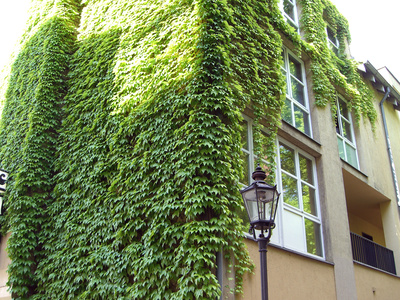Tenants must bear the costs of tree felling work

According to case law, tenants must bear the costs of tree felling. If the landlord has a rotten tree felled, he can generally pass the costs on to the tenants. This was decided by the Federal Court of Justice. The wording "renewal of plants and trees" in the operating costs regulation also includes tree felling. Moreover, the necessary removal of a tree is not a completely unexpected event for the tenant. In the case from Lower Saxony, a housing association had a birch tree that was more than 40 years old felled on the property in 2015 because it was no longer stable. The costs of almost 2,500 euros were passed on to the tenants with the next operating costs statement. The plaintiff was supposed to pay around 415 euros of this. She only paid with reservations and demanded the money back in court. In fact, the question of whether the costs of felling a dying tree are part of the apportionable "costs of garden maintenance" has not yet been clarified by the highest court - and is controversial:
Some courts were of the opinion that the landlord was only fulfilling his so-called duty of care or correcting a defect. He had to pay for this out of his own pocket. The BGH judges see it differently: the operating costs regulation does not explicitly mention tree felling work, but only the "renewal of plants and woody plants". However, trees are essentially woody plants. And renewal usually requires prior removal.
Removal is considered ongoing costs: According to the Karlsruhe ruling, ongoing costs can also be discussed here - even if a tree is not felled every year. This is because garden maintenance involves "longer, not reliably predictable time intervals". The removal of a tree does not represent a completely unexpected event for the tenant. BGH, ruling of November 10, 2021 - VIII ZR 107/20